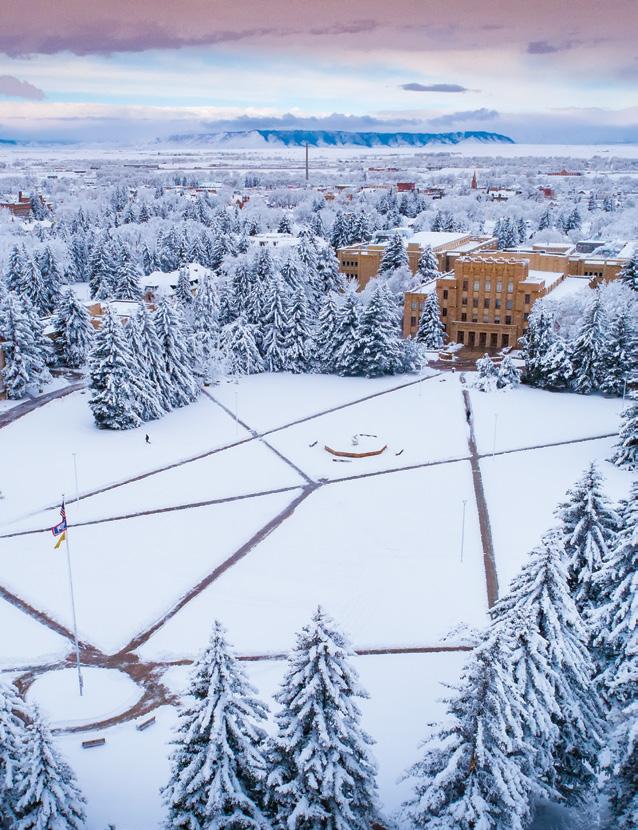
6 minute read
Grand Challenges: A Rise to the Occasion
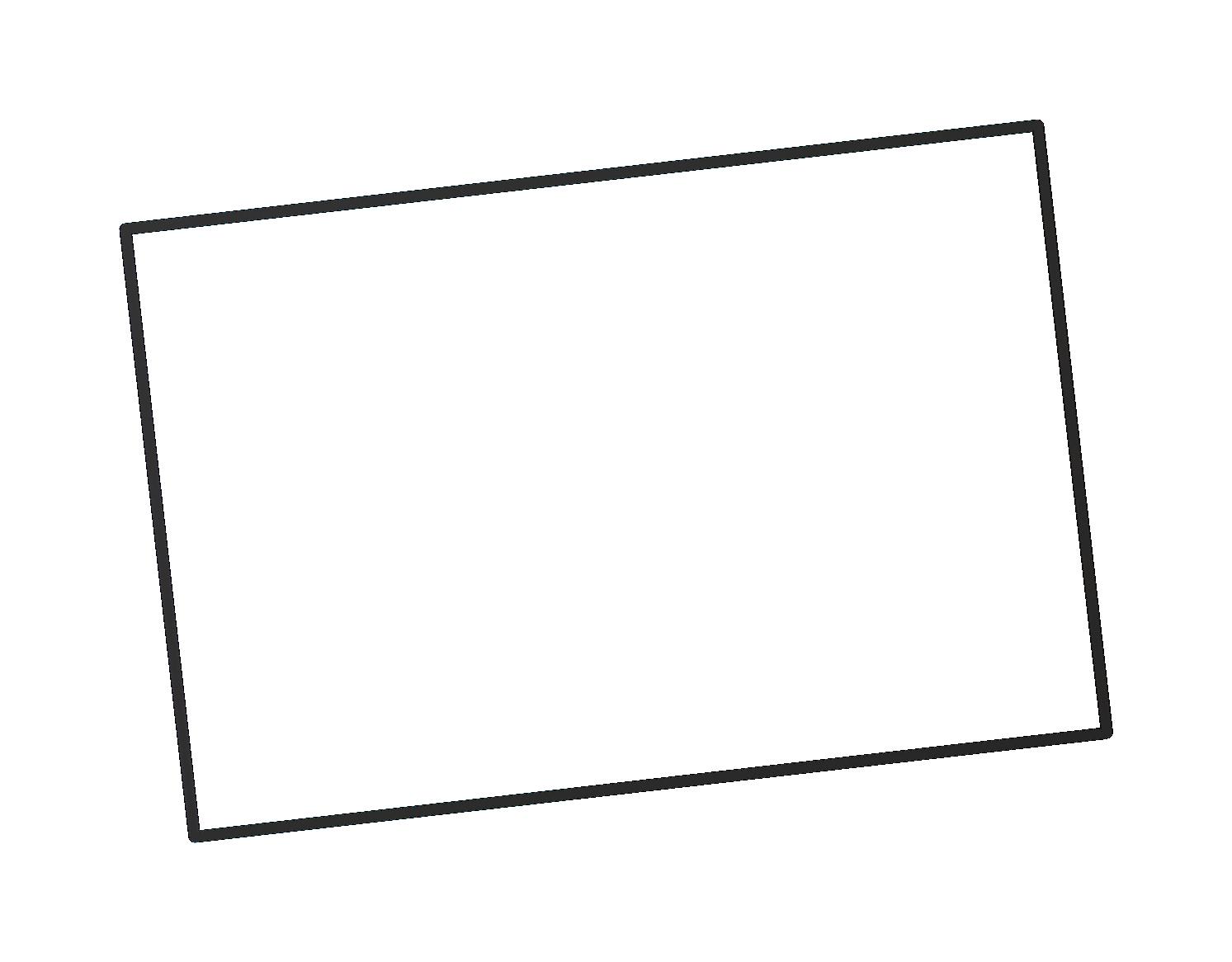







In the spring of 2019, a team of faculty members decided it was time for a different approach. In a time where our country, state, city and family lives seems so divided, these faculty decided to apply an analytical approach to listening, looking to go deeper and find common ground among concern. They desired to understand Wyoming’s grand challenges.
Understanding Wyoming and society’s need for challenge resolution was more than apparent. Finding solutions through transdisciplinary collaboration was essential. The Grand Challenges team understood that universities need to step beyond disciplinary bounds to examine and revise their approaches to finding these solutions. This has been recognized at the highest levels. So, they put their heads together and began working toward solutions.
The big ideas were large, but well known, according to Danny Dale, interim dean of the College of Arts and Sciences. Faculty wanted to work on complex, thorny issues facing the state and the world, to have quality, interdisciplinary process, and to have a grassroots approach, with input from stakeholders across Wyoming. Made up of a core Grand Challenges committee from across many disciplines, the four faculty included Dale, Isadora Helfgott, Scott Henkel and John Kaszuba. Together, they embodied a Research Planning Committee comprised of research-intensive faculty across the university.
The initial examples of
were as follows:
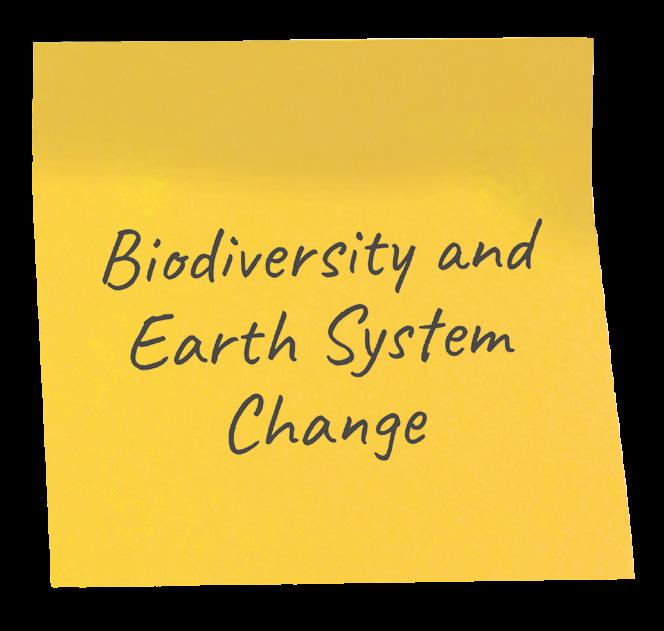
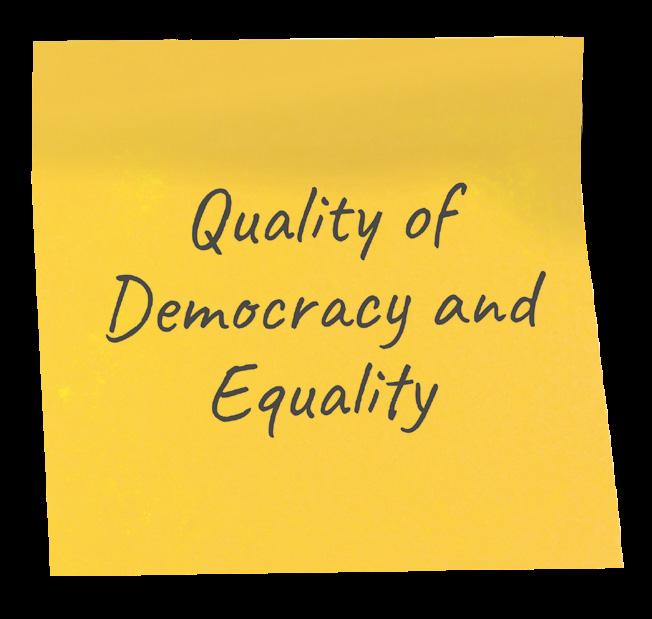




After faculty identified the why, it was time to work through the how. This started the planning period. The purpose of the planning activity period was simple: faculty and stake holders wanted to deeply engage the campus communities in identifying and planning for UW’s pursuit of grand research challenges. Investing in and pursuing such transdisciplinary challenges enabled UW to assert leadership and be among leaders in select areas as it serves the state, region, nation and globe. This activity identified areas where investments in research capacity are needed, where incentives to promote vibrant partnering need to be created, where opportunities to align and identify academic coursework with the Grand Challenges should be sought, and where opportunities for Grand Challenge research to have an economic impact are high. Girding all of this is the requirement that Grand Challenge research serves as a powerful platform for student education and for educational outreach to citizens of Wyoming and the Mountain West.
During the planning period, the committee was able to break down the initial examples of Grand Challenges into three elements:
Element 1: Identify six to eight transdisciplinary Grand Challenge research themes that will strongly inform UW future investments in research infrastructure and faculty hiring.
Element 2: Identify single-discipline research areas at the foundation
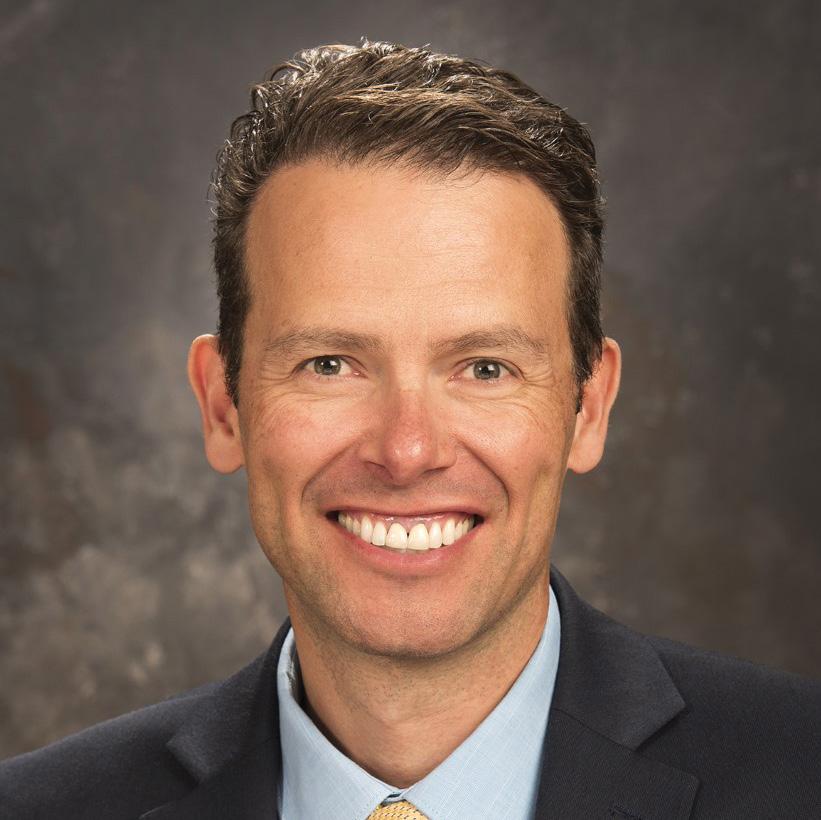
Dr. Daniel Dale

Interim Dean, College of Arts and Sciences


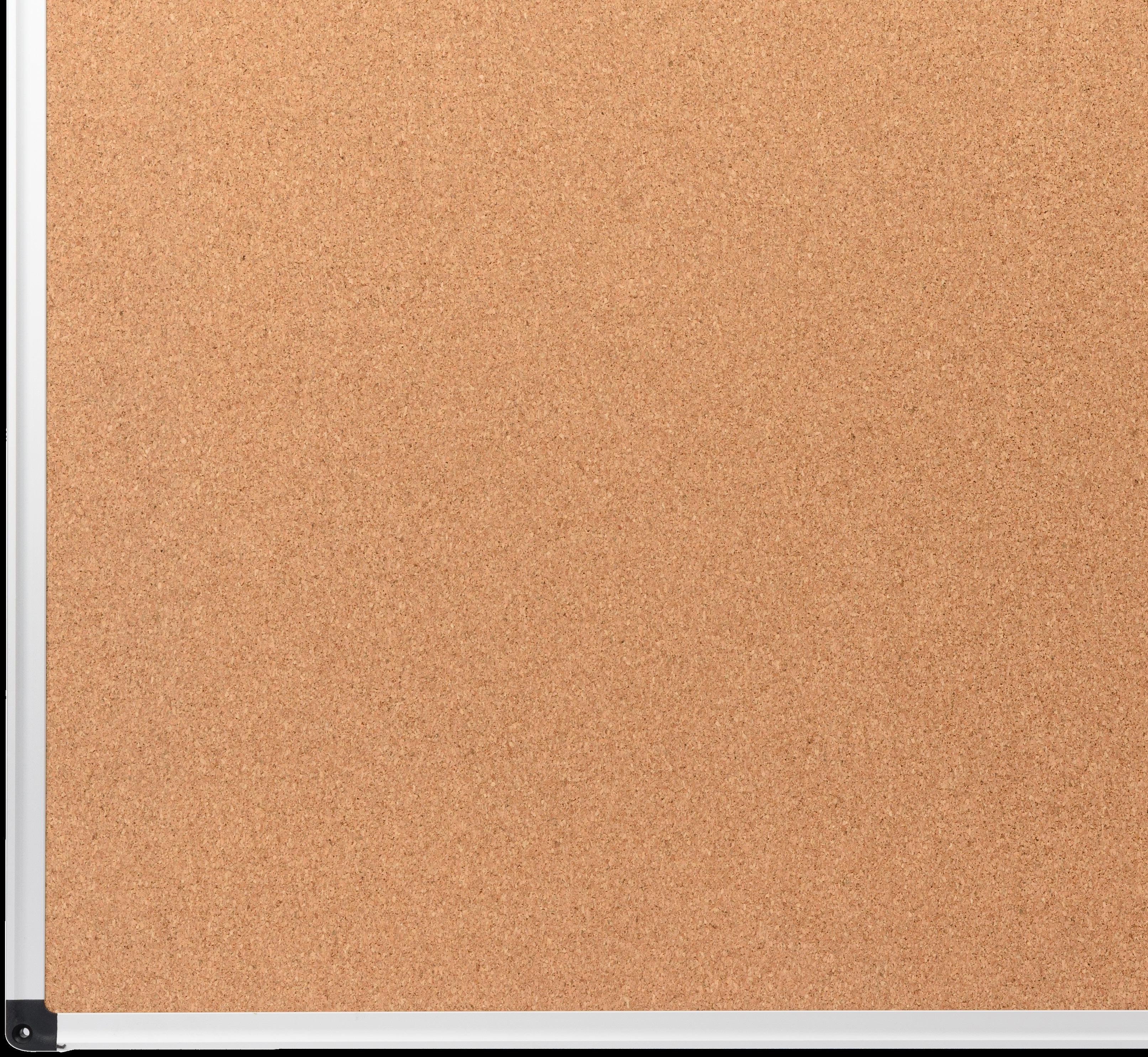
Grand Challenges Committee


Dr. Isadora Helfgott
Associate Vice Provost Global Engagement Dr. John Kaszuba

Professor, Geology & Geophysics
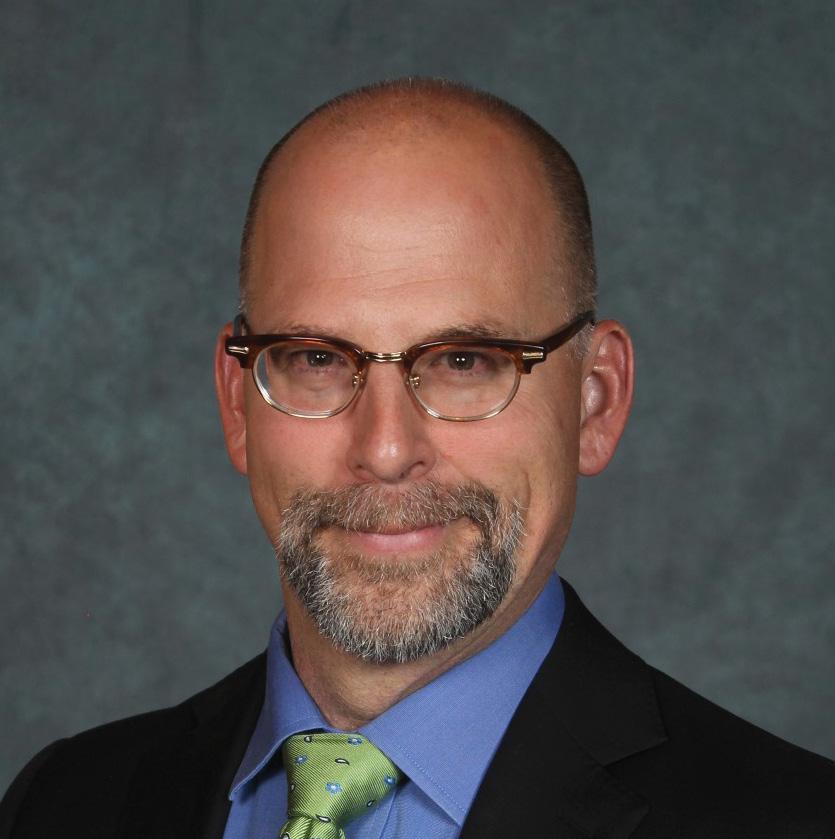
Dr. Scott Henkel
Associate Professor, English and African American & Diaspora Studies
of Grand Challenges that require investment in faculty or UW infrastructure.
Element 3: Identify institutional partnerships to develop or strengthen in order to create new transdisciplinary research opportunities to create strong teams capable of confronting high-priority transdisciplinary Grand Challenges. Partners may include other universities, national labs, industry, community colleges, Native American sovereign nations, international research organizations and foundations.
The launch of Grand Challenges kicked off officially in early 2019. With time dedicated to research, studying and organizing, faculty worked their way through the weeds to arrive at a place of conclusion. This gathering period was spent visiting other campuses, studying the state of Wyoming—specifically it’s areas of strength, challenges, and priorities— followed by the completion of WYSAC surveys and the planning of community listening sessions.
Finding Roots
In the fall of 2020, Grand Challenges dove deep into the community, looking to work through the thicket. They implemented thirty-eight listening sessions and over fifty units of campus surveys. Questions and inquiries ran the spectrum, ranging from climate change, to mental health, to distrust in science, to diversity and equity, to addiction.
Listening sessions consisted of brainstorming events where large topics were placed on white boards

and branch off ideas were attached to each of the thought clouds with sticky notes. Facilitators prompted stakeholders with questions. This quantitative data was then synthesized into data points and used to determine aggregate areas of consensus. The final areas of concentration boiled down to mistrust in science, policy actions, food, water availability, biodiversity, mental health, human mitigation and natural resources, and resource use and consequences.

Where do we go from here?
After the detailed planned sessions and after understanding the information from the community listening sessions, the committee had these desired outcomes for the first installment of Grand Challenges.
Create opportunities: This activity is meant to set the stage for faculty and students to lead and be among leaders in addressing questions of great societal importance and for its citizens to benefit from this engagement.
Impact: This will arise by generating ideas that contribute to solutions to problems of practical importance and that yield intellectual property that will be at the foundation of new businesses in Wyoming.
UW research: This will become known for its unusually strong combination of scholarship and practical import. UW will do this while creating unparalleled opportunities for education through research.
UW looks towards the engagement through the nascent Grand Challenges and AMK Ranch initiatives as a beacon of hope for grounded solutions. Even amid COVID-19 challenges, the Grand Challenges community looks forward to continuing community engagement and sharing ideas around improvement for our university and beloved state with engaged stakeholders.

